JavaScript is one of the most important programming languages, especially in the web development area. Working with objects is central here, as objects play a fundamental role in data organization and representation. If you already have experience with Java, working with objects in JavaScript may initially seem unfamiliar. Let’s explore the basics of these powerful concepts together.
Key Findings
- Objects in JavaScript are fundamentally different from those in Java, offering a more flexible structure.
- Objects can be created using literal notation or constructor functions.
- Understanding the use of this within constructor functions is crucial for working with objects.
Step-by-Step Guide
1. Introduction to Objects
When you hear the term "objects" in connection with JavaScript, you might initially think of a simplified version of Java objects. In reality, however, JavaScript objects are structured differently and serve different purposes than their counterparts in Java.
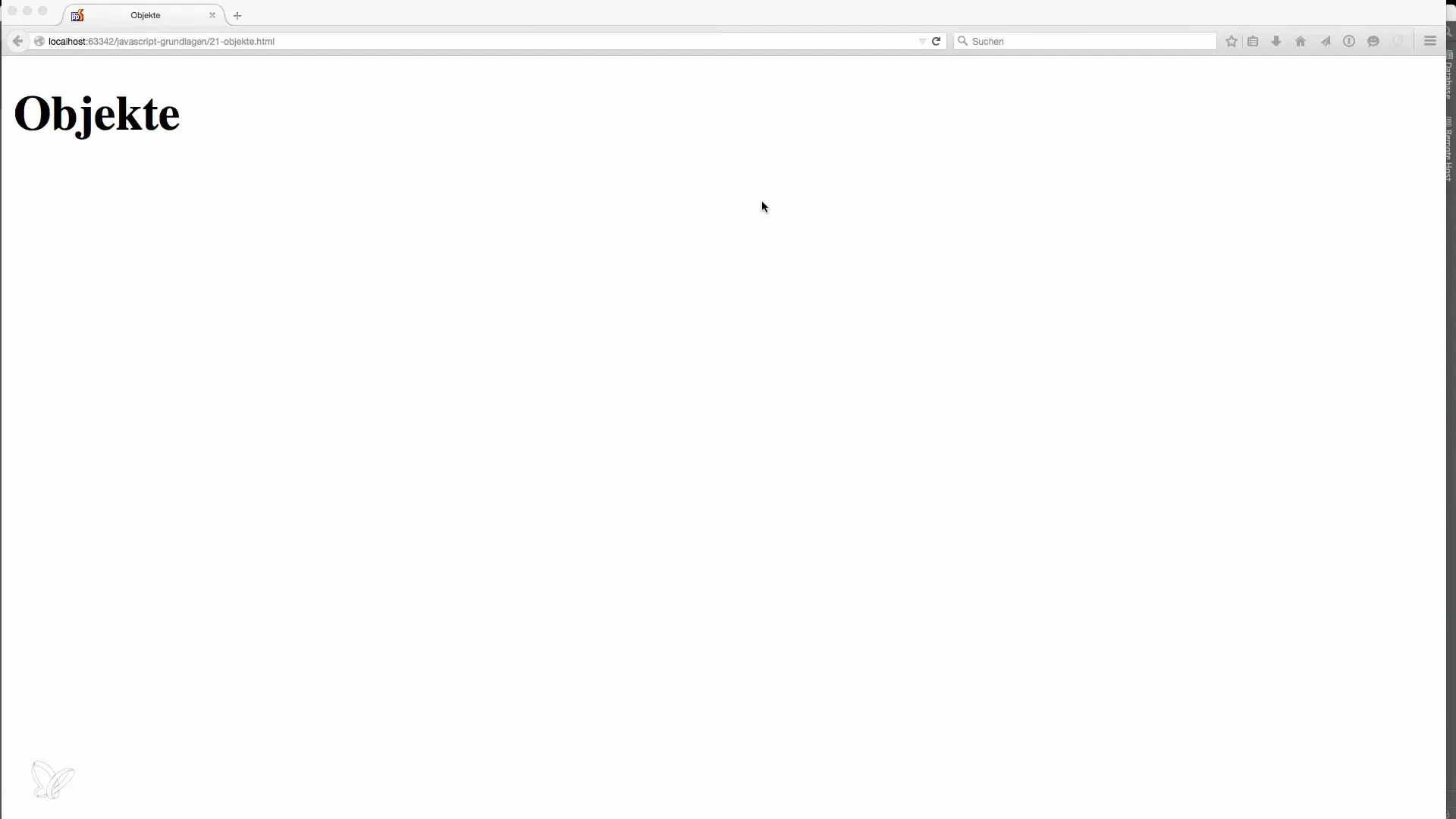
JavaScript allows you to create objects in the form of associative arrays. This means that you can access the values using keywords instead of numeric indices.
2. Creating a Simple Object
Here, we use curly braces and define the properties first name and last name. Instead of numeric indices, we access them directly via the keys.
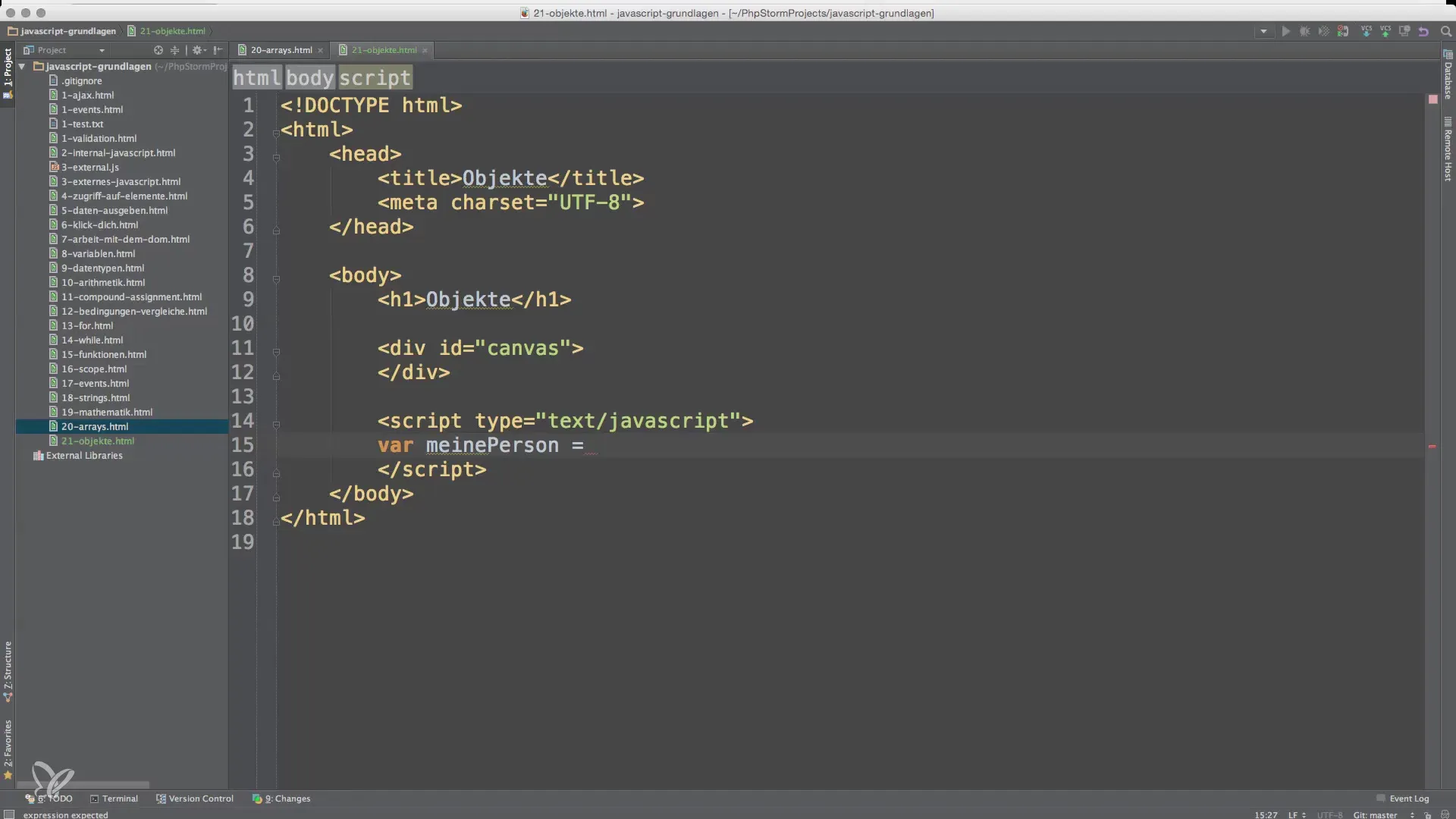
You can access the properties of the object by using the name of the variable and the keyword.
3. Creating Objects with the new Operator
Another way to create an object is to use the new operator with the Object constructor.
A new object is created here using the same approach, except we use the new operator to instantiate the object.
4. Using Constructor Functions
Constructor functions are an elegant way to create multiple objects with similar properties. We simply define a function that acts as a blueprint.
By using this inside the constructor function, you can control the properties of the objects that are created from this function.
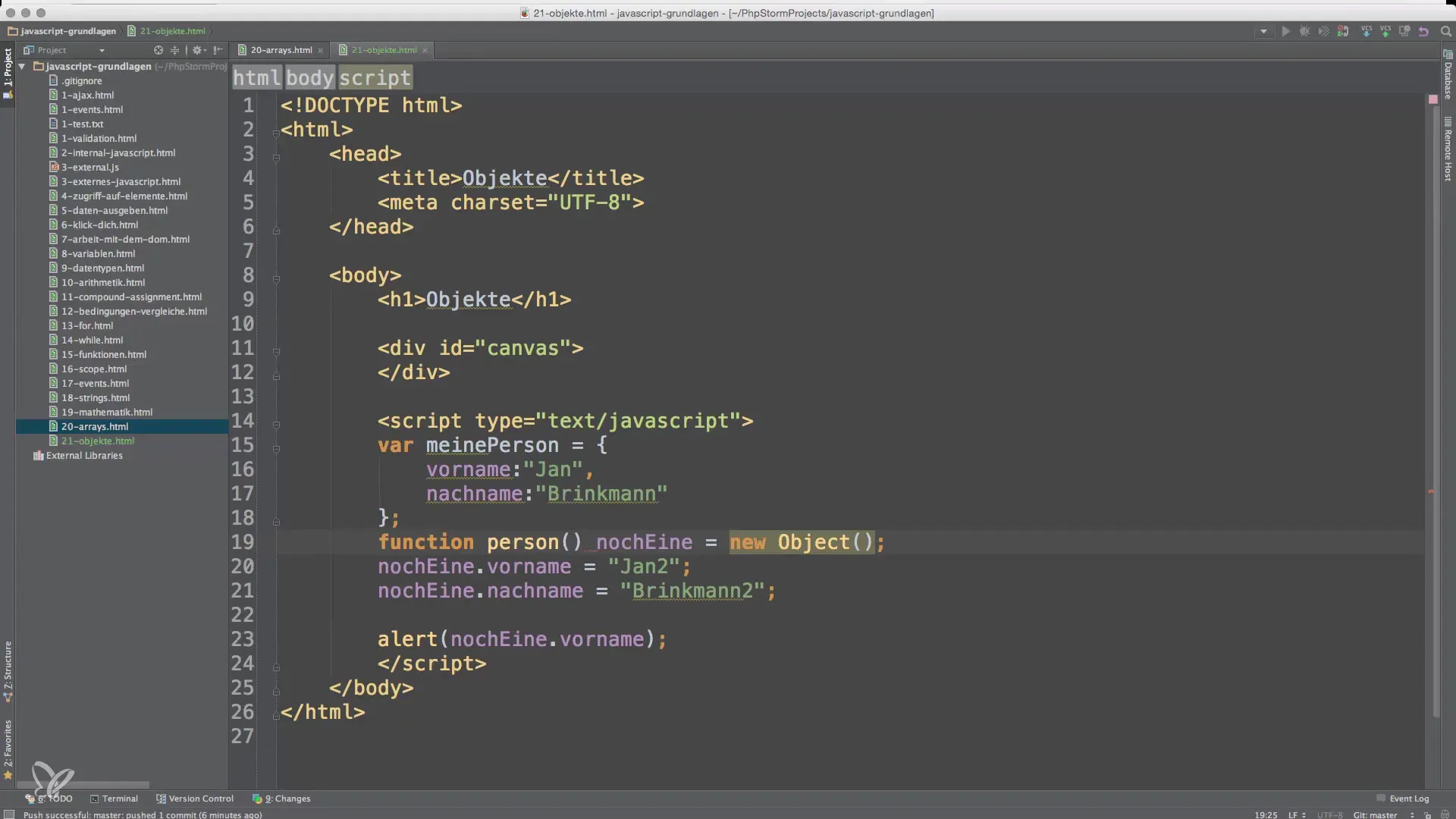
5. Instantiating Objects with a Constructor Function
To create a new instance of the person function, we again use the new operator.
Here, a new person is created with the attributes first name and last name.
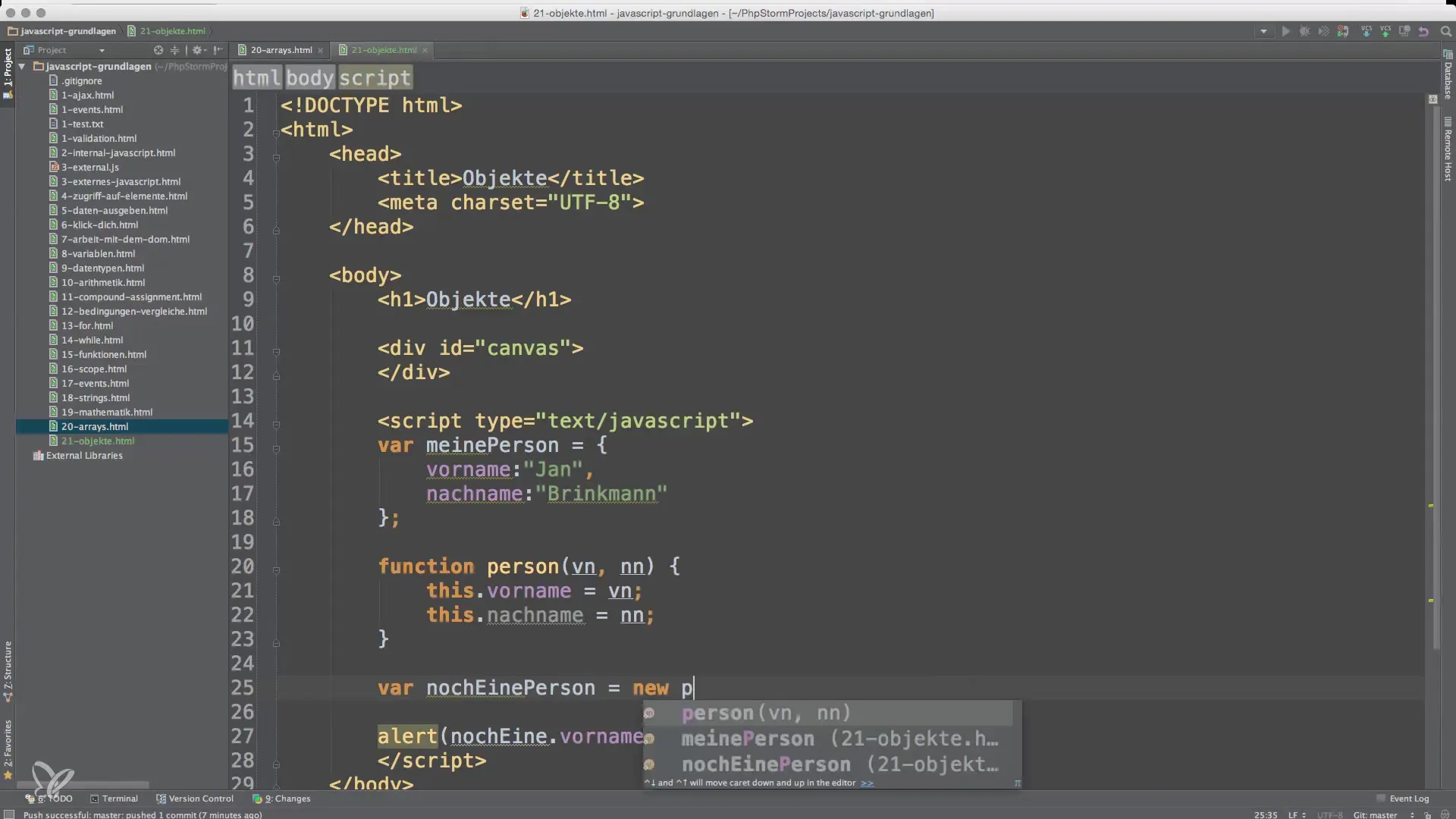
6. Improving Readability through Capitalization
For readability and conventions, it is recommended to start the name of the constructor function with a capital letter. This clarifies the distinction between functions and construction objects.
In this case, it becomes easier to understand that Person serves as a blueprint for objects.
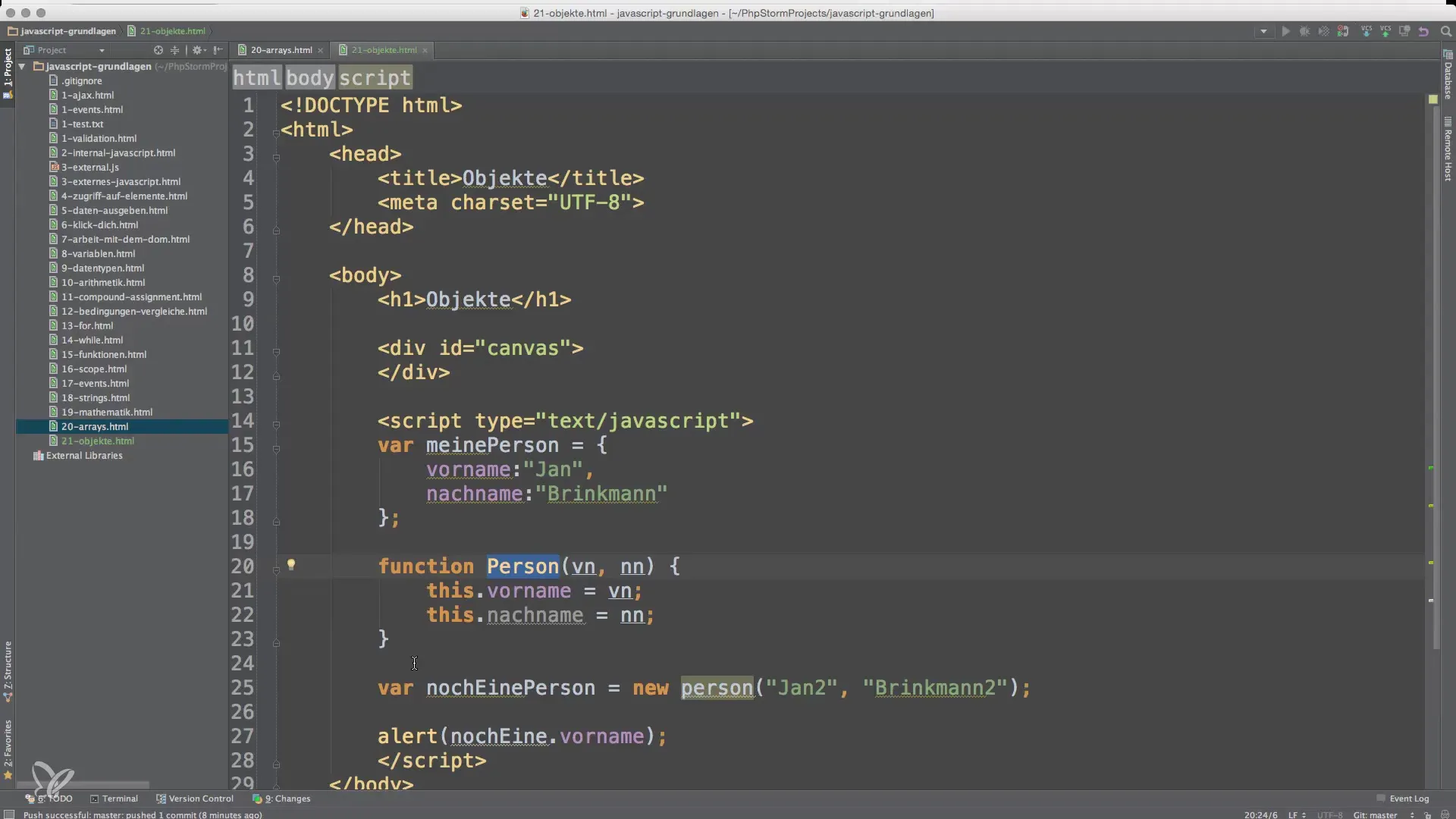
7. Using Predefined Objects in JavaScript
JavaScript offers many built-in objects such as String, Array, and Date. These objects help you make your programming even more efficient. It is recommended to use these objects instead of implementing the logic yourself.
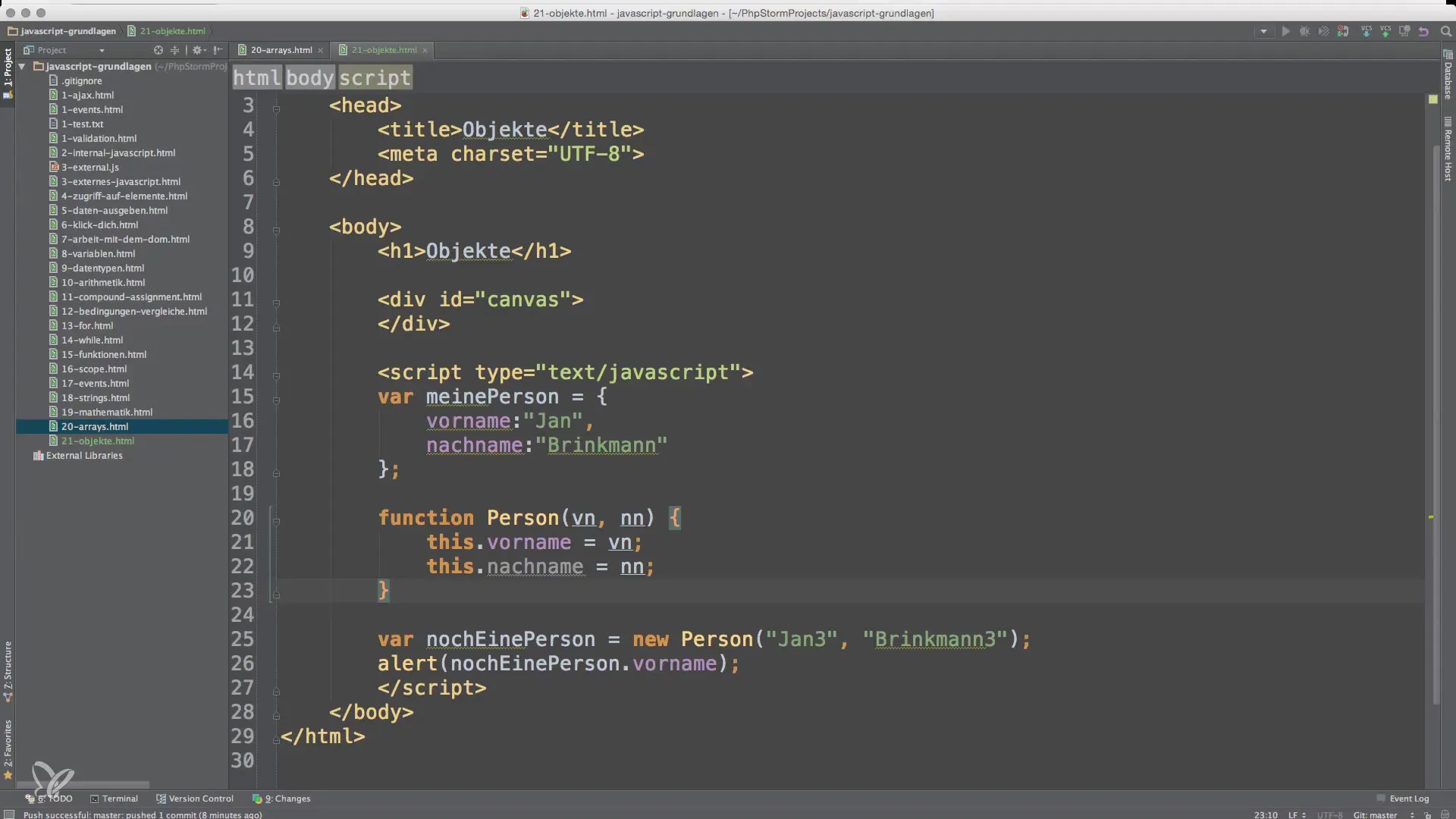
In future lessons, we will delve deeper into the properties of objects and their methods.
Summary – Object Creation in JavaScript – Basics and Examples
You have now learned the basics of object creation in JavaScript, both through literal notation and constructor functions. A deep understanding of these concepts is crucial to fully exploit the potential of JavaScript in web development.
Frequently Asked Questions
What are objects in JavaScript?Objects in JavaScript are collections of properties organized in key-value pairs.
How do I create an object in JavaScript?An object can be created using curly braces or the new Object() constructor.
What is a constructor function?A constructor function is a special function used to create multiple instances of an object.
Why do I use this in constructor functions?this references the current object being instantiated within the constructor function.
What are built-in objects in JavaScript?Built-in objects are predefined objects such as String, Array, and Date that are provided by JavaScript.


